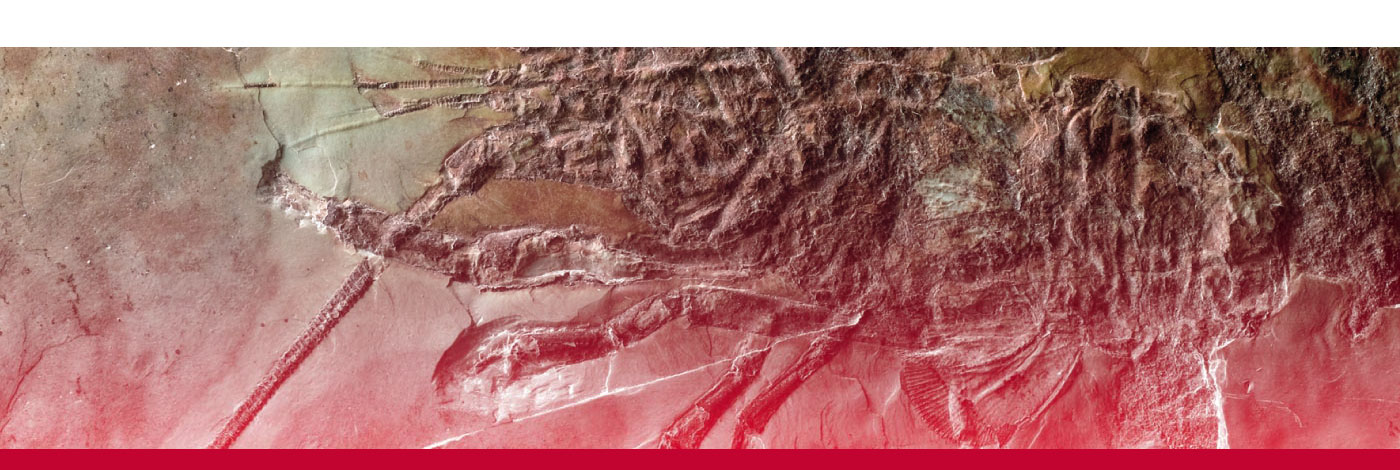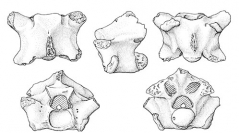

 Geodiversitas
25 (4) - Pages 695-716
Geodiversitas
25 (4) - Pages 695-716The early Eocene of Panandhro Mine (northwestern India) has produced a rich snake fauna largely dominated by palaeophiids. Three families are present: Palaeophiidae, ?Madtsoiidae or Boidae, and an indeterminate family of Colubroidea. The Palaeophiidae include two species: Pterosphenus kutchensis n. sp., that shows peculiar features, and Pt. biswasi n. sp. They are the earliest representatives of the genus. Madtsoiidae or Boidae are represented by only two specimens that do not permit distinction between these two families. If these fossils belong to the Boidae, then they might be the earliest representatives of that family in Asia. The colubroid from this site ranks among the earliest Cenozoic representatives of the group. The possibility that it belongs to the Colubridae cannot be excluded; if this is the case, it would be the earliest known colubrid. Nearly all specimens belong to Pterosphenus Lucas, 1899 that was a highly aquatic genus. It lived in shallow water, probably in marine environment close to the coasts and/or in freshwater.
Reptilia, Serpentes, Colubroidea, Palaeophiidae, Madtsoiidae, Boidae, Ypresian, Eocene, India, palaeoenvironment, new species